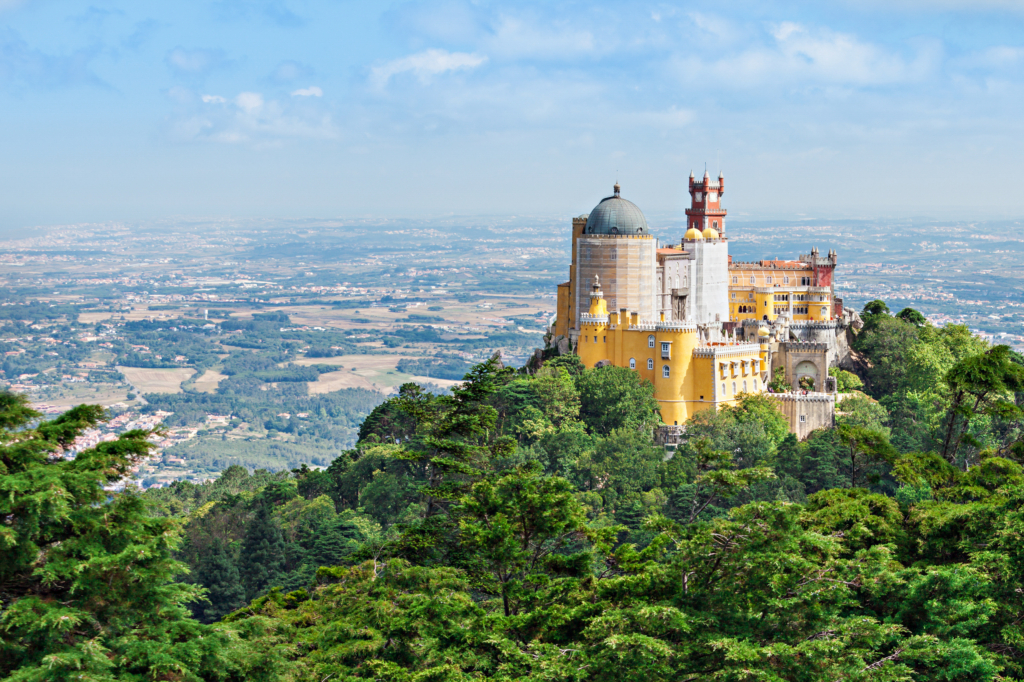The 23rd World Insights
Exploring the untold stories and events from around the globe.
Passport to Peculiar: Discovering the World's Quirkiest Traditions
Uncover bizarre traditions around the globe and take a wild journey through the world's quirkiest customs! Adventure awaits!
The Top 10 Most Unusual Festivals Around the Globe
Festivals are a fantastic way to celebrate cultural heritage, and some festivals stand out due to their unique themes and activities. Here are The Top 10 Most Unusual Festivals Around the Globe that capture the imagination and showcase the vibrant diversity of human creativity. From quirky traditions to fascinating local customs, these festivals offer a glimpse into the unexpected sides of different cultures. Let's dive into the extraordinary!
- La Tomatina in Spain: A massive tomato fight held annually in Buñol, where participants throw ripe tomatoes at each other, creating a sea of red pulp.
- Monkey Buffet Festival in Thailand: An annual event where thousands of fruits and vegetables are laid out for monkeys to enjoy in Lopburi.
- Up Helly Aa in Scotland: A fire festival that celebrates Viking heritage with torch-lit processions and the burning of a Viking longship.
- Yi Peng Lantern Festival in Thailand: A breathtaking event where thousands of lanterns are released into the sky, symbolizing the release of troubles and the welcoming of good fortune.
- Hadaka Matsuri in Japan: Also known as the Naked Festival, where participants clad in minimal clothing compete to retrieve tossed blessings in icy cold water.
- Zibelemärit in Switzerland: A unique onion market celebrated with parades, food, and a variety of onion-related activities.
- Harbin International Ice and Snow Sculpture Festival in China: The world’s largest ice and snow festival featuring magnificent sculptures and stunning displays made entirely of ice.
- Cooper's Hill Cheese-Rolling in England: An exhilarating race where participants chase a round of cheese down a steep hill in Gloucestershire.
- Burning Man in Nevada, USA: A week-long event dedicated to community, art, self-expression, and self-reliance, culminating in the burning of a large wooden effigy.
- Dia de los Muertos in Mexico: A vibrant celebration honoring deceased loved ones, featuring colorful altars, festivals, and processions.

Why Do People Participate in the Weirdest Traditions?
Traditions often serve as a reflection of cultural identity, and people are drawn to them for various reasons, even when they seem peculiar. Engaging in these unusual customs can create a sense of belonging and shared experience among community members. For many, participating in such rituals helps to strengthen social bonds and foster a communal spirit, allowing individuals to connect with their heritage and each other in meaningful ways. The underlying motivations may range from historical significance to the desire to break away from monotony, showcasing the diverse ways in which humans seek connection through tradition.
Furthermore, the act of partaking in weird traditions often provides a moment of joy and entertainment, transforming mundane settings into vibrant celebrations. These practices can also reflect a form of rebellion against societal norms, encouraging participants to embrace their individuality. By engaging in these quirky customs, people sometimes find a way to challenge the status quo and express creative freedom. This inherent paradox—where individuals pursue the offbeat yet derive pleasure and meaning—demonstrates a fascinating aspect of human psychology, defining why such traditions continue to thrive across cultures.
Exploring the Strangest Customs: What Makes Them Unique?
Around the world, strange customs offer fascinating insights into the cultures and traditions of different societies. From the unique ritual of La Tomatina in Spain, where participants throw tomatoes at each other, to the peculiar practice of foot binding in ancient China, these customs often leave outsiders scratching their heads. What makes these customs unique is not just their eccentricity, but also the stories and meanings they hold for the people who practice them. For instance, in Japan, the tradition of Hanami sees locals gathering under blooming cherry blossom trees to appreciate the fleeting beauty of nature, a celebration that highlights the importance of transience and appreciation in Japanese culture.
Another example of a strange custom is the annual Monkey Buffet Festival in Lopburi, Thailand, where hundreds of monkeys are treated to a feast of fruits and vegetables. This quirky event not only attracts tourists but also symbolizes the local respect and reverence for the animals that are a significant part of the region's ecosystem. These customs often spark questions and discussions about their origins and the values they embody. The uniqueness of these customs lies in the way they reflect the identity, history, and values of a community, reminding us of the rich tapestry of human experience that transcends borders.